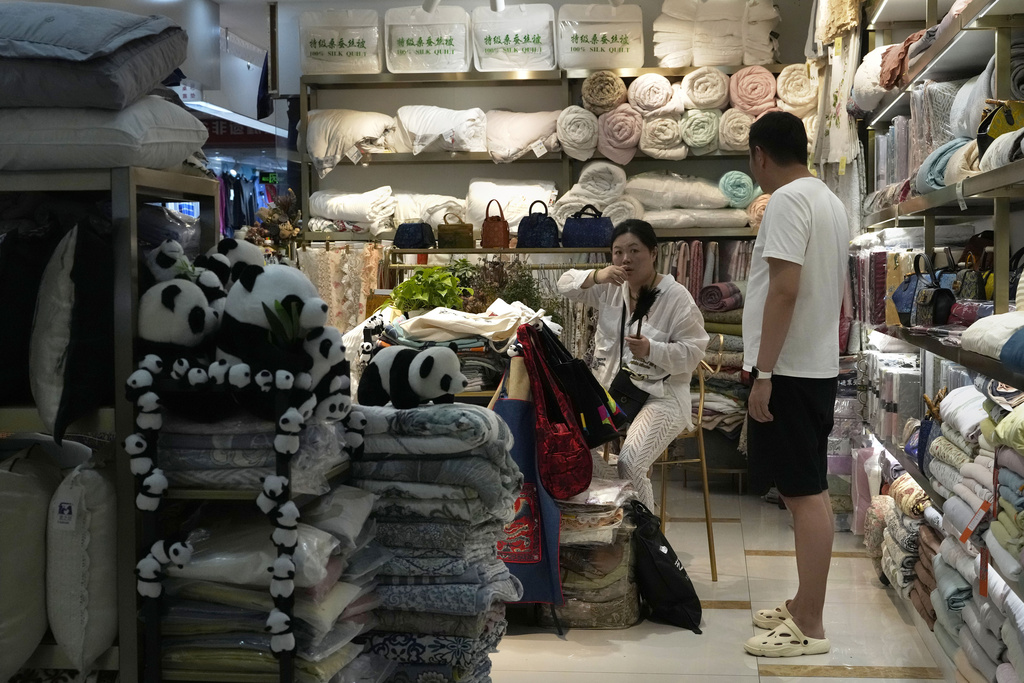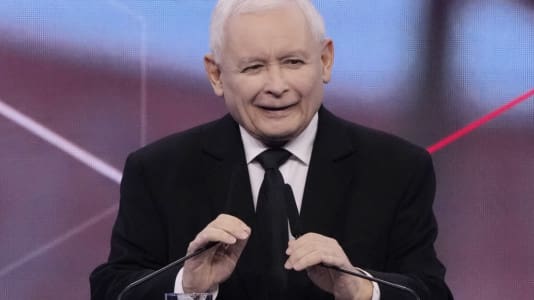While the European Union, the United States and many other countries around the world are making efforts to halt inflation, China’s economy is facing the opposite situation, namely deflation.
Consumer prices have been falling for the first time in more than two years, spending has fallen sharply among both the population and businesses, and the world’s second-largest economy is struggling to bring demand levels back up.
The growing crisis in China hit U.S. and European markets, while economists speculated about the implications for the global economy. There is also concern about growing friction between China and the West, with talks between U.S. and Chinese leaders on the subject of trade in goods becoming more tense.
While most economies have reported increases in consumption after the pandemic. High demand for goods and services coupled with limited supplies, along with the energy crisis and the war in Ukraine, have pushed up prices in most places, but this hasn’t happened in China.
China’s consumer price index fell by 0.3 percent in July, announced China’s National Bureau of Statistics (NBS) after stagnating in June. A survey among analysts had anticipated a 0.4 percent annual decline, data published by the British daily The Guardian showed.
According to the British paper’s analysis, the July data was China’s first negative inflation reading since early 2021, when the price index had fallen amid the Covid-19 pandemic that affected demand and pork prices.
Moreover, separate data released this week showed that the country’s imports and exports fell more steeply than anticipated in the previous month amid falling global demand for Chinese goods.
The cost of cars also saw declines after Tesla sparked a trade war in the Chinese market by lowering electric car prices. Falling food prices also brought down the cost of living. China’s core inflation rate, which excludes food and energy costs, rose to +0.8% year-on-year from +0.4% in June 2023.
The phenomenon has occurred in China before in 2009, 2015 and 2020, when Beijing responded with strong monetary measures and large fiscal stimulus. While Beijing has vowed to accelerate some infrastructure projects and increase support for the declining housing market this time around, many economists don’t expect a large-scale construction boom, as has happened in the past, as President Xi Jinping has focused on transforming his economy toward new growth engines such as advanced technologies






